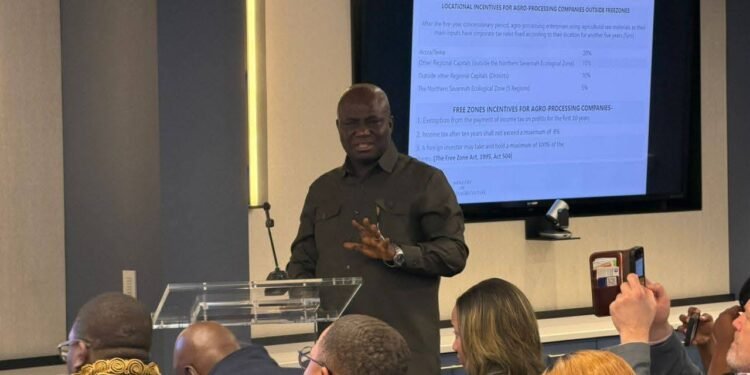The National Labour Commission says they recorded reduced reports of contract termination and non-payment filed during the period of COVID-19.
Mr. Ofosu Asamoah, the Executive Secretary of the Commission, stated they have however witnessed a drastic reduction in the number of cases filed daily in recent times.
“With the COVID era, the cases that come here have reduced drastically. What we now have most is non-payment of salaries and wages and termination of contracts. Most contracts by virtue of the COVID were abrogated.
“If I engage you as a teacher and schools are closed down, certainly it will be very difficult to continue the contract because there are no students to teach”.
Mr. Asamoah also lamented over the inadequate funds which he says makes it difficult for the Commission to carry out its administrative work.
According to him, in spite of the Finance Ministry living up to the budget requirement of the Commission, the cap placed on its demands means they have had to operate with the limited resources available which sometimes frustrates their activities.
Statistics available at the Commission reveals that out of the total number of complaints of 4, 686 lodged with the Commission, 2,093 of it were fully settled. This was between the periods July, 2005 to December, 2011.
The total number of cases recorded were made up of summary dismissal, unfair termination, retirement/end of service benefit, unpaid salaries etc.
As part of the Commission’s activities, hearing of cases take place every Wednesday at the Commission’s conference room and it is amazing to note that between 25 and 35 cases are heard on each sitting day.
Apart from the sittings on Wednesdays, there are other hearings such as facilitation, mediation and arbitration that take place on daily basis.
Meanwhile, NLC has revealed its position in lobbying for the establishment of regional offices across the country to facilitate enforcement of its labour rulings.
This, in the words of the Executive Secretary was influenced by delays in enforcing its ruling which has impacted negatively on many industrial disputes.
The commission currently has about five regional offices in the country, which it believes is not enough.
“You have one office attending to all the regions. Take the Electoral Commission, they have their head office in Accra and they are in all the districts because in every districts people vote there right? We have the Labour Commission, we have our regional office here (Accra) and we don’t have regional offices.
“But in every region and almost every town and village, you have an employer and employee. Tell me which corner in Ghana that there is no employer and employee relation? So you see we should be everywhere. It is a collective responsibility but everybody has left it for government”.























